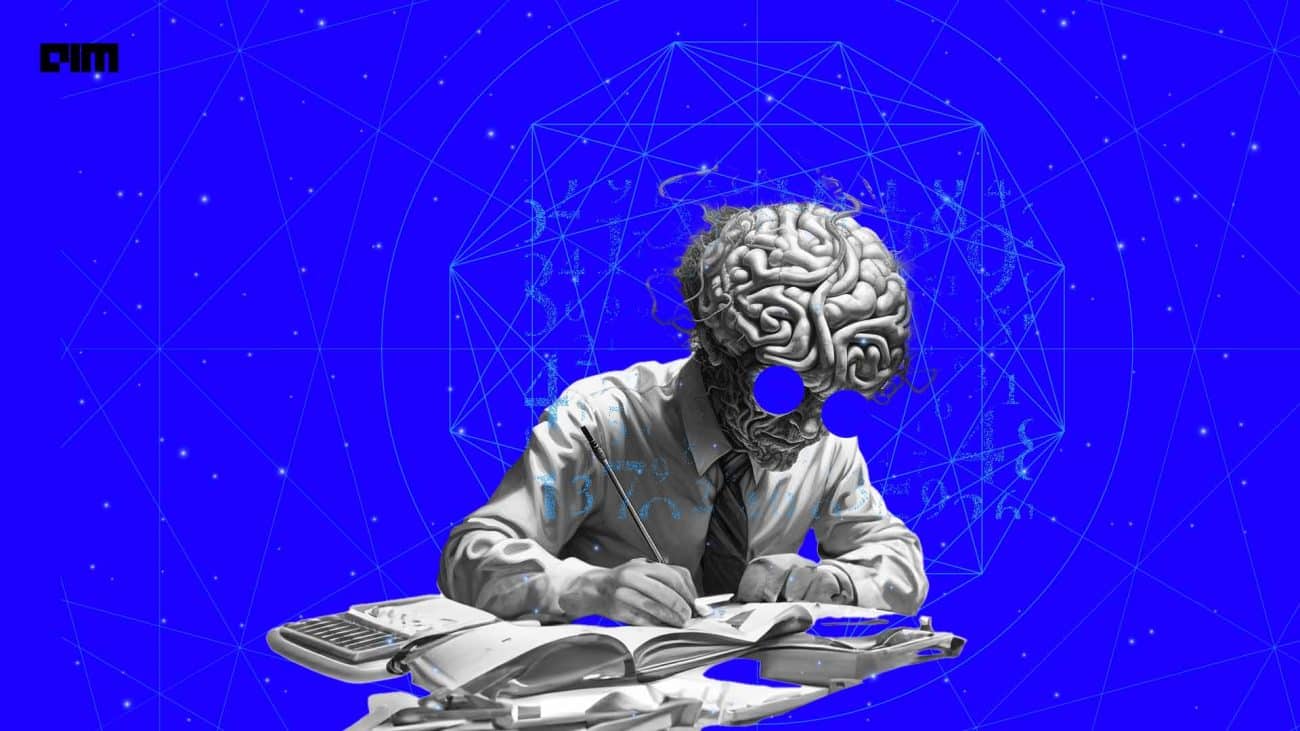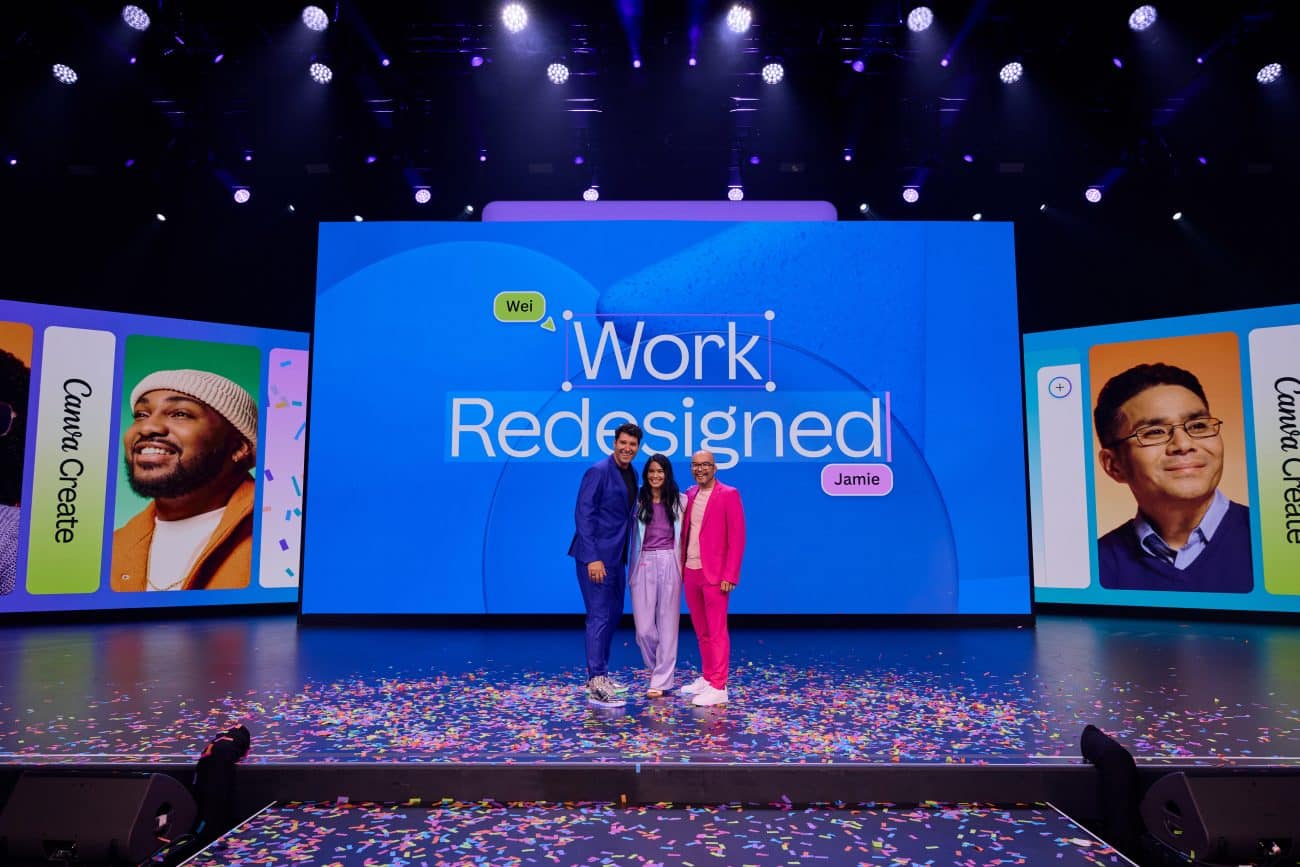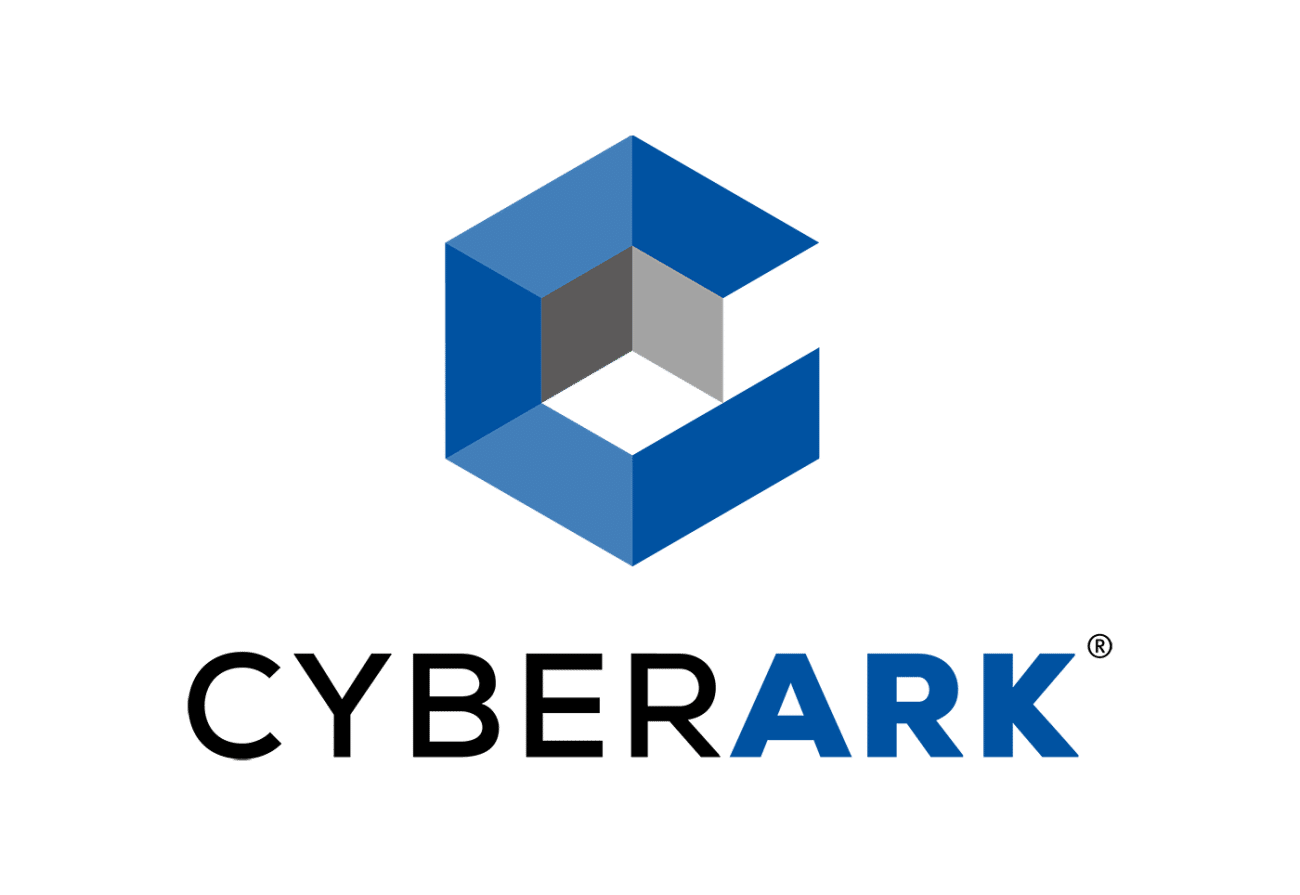In 2017, when the Karnataka government made computer literacy tests mandatory to facilitate paperless governance, only 35% of the 3.5 lakh government employees in Karnataka cleared it. It’s a reflection of the situation in almost all parts of India as government employees are often not known for being the most tech savvy.
However, today, we are no longer in the age of computers, but at the cusp of generative AI. Many experts have envisaged that with widespread adoption across various industries, AI will become as ubiquitous as computers. This presents a significant challenge for governments as they strive to equip their employees with adequate computer literacy skills. In the near future, there will be a growing need for these employees to be prepared and proficient in utilising AI technologies effectively.
Ibrahim Khatri, founder & CEO at Privezi Solutions, told AIM that it is going to be absolutely vital for government employees in India to undergo comprehensive training and education on the capabilities and potential risks of AI. Today, many private enterprises are already spending money to ensure their workforce is at the top when it comes to things like data literacy, digital skills and the use of generative AI.
Harsh Kar, global data and analytics business leader, Genpact, told AIM that the company has been actively focusing on fostering a dynamic culture of continuous learning and enabling its employees to build the ‘skills of the future’. However, drawing a direct comparison between the private sector and the government sector in terms of AI training programmes would be unfair, given their different contexts. However, as AI becomes more prevalent, the government sector will likely need to adopt similar approaches to ensure their employees are equipped with the necessary skills.
AI as a kinetic enabler
The government of India sees AI as a kinetic enabler. Various government departments and agencies, both state and central, are already leveraging AI to streamline administrative processes and improve service delivery. For example, in Odisha, the Department for Agriculture and Farmers Empowerment launched Ama KrushAI, a generative AI-powered chatbot, to provide farmers with valuable guidance on optimal agronomic practices, government schemes, and loan products offered by over 40 commercial and cooperative banks.
Similarly, the government of India is using AI to support the implementation of the Ayushman Bharat programme by identifying eligible beneficiaries, tracking their health outcomes, and generating personalised treatment plans based on their individual medical needs. The examples are aplenty and in the coming years, the use of AI is only going to increase exponentially. More and more government departments, agencies and employees will start leveraging the technology. Hence, it becomes imperative that government employees are trained in AI. “This training is essential for several reasons. Firstly, understanding AI’s potential enables employees to identify opportunities for leveraging AI technologies to improve efficiency, enhance public services, and foster innovation,” Khatri said.
Identifying AI risk
Government employees should also be educated about the ethical and responsible use of AI because implementing AI entails inherent risks, particularly in a diverse country like India with significant socio-economic and cultural variations. Existing biases in our Indian society, such as caste, gender, religious and regional discrimination, could creep into the AI system. These biases can infiltrate the system through training data, potentially favouring certain socio-economic groups in India or disfavouring certain castes.
Therefore, it is crucial for government employees to receive training in recognising and addressing these biases. Besides, AI risk is not just limited to biases. “Additionally, employees need to be trained to assess the risks associated with AI, such as biases, job displacement, cybersecurity vulnerabilities, and unintended consequences, to implement safeguards and mitigate negative impacts,” Khatri said.
Age of generative AI
The use or adoption of AI has only been expedited with the advent of ChatGPT. Not only private organisations, but governments too are actively exploring the potential use cases of generative AI across departments and initiatives. Generative AI can drastically improve government operations and service delivery by automating tasks, enhancing decision-making, and improving efficiency.
Private organisations have already started training their employees on generative AI to reap the benefits. Leading Indian IT companies like Infosys and Tata Consultancy Services (TCS) are implementing generative AI courses to equip their workforce with the necessary skills to effectively manage operations involving this technology. “At Genpact, we created a dedicated channel on generative AI within Genome, our online learning platform, to enable our people to develop an understanding of LLMs and their practical applications. So far, employees have collectively invested 10 million hours in learning through Genome,” Kar said.
Similar approach needs to be taken by governments as well. Interestingly, in 2022, Union Minister Dr Jitendra Singh did reveal an initiative to train more than 30 lakh government employees on emerging technologies such as AI/ML and blockchain by 2023. “The government is actively engaged in bridging this gap through initiatives like the Digital India programme and nationwide training programmes aimed at enhancing the skills of government employees,” Khatri said.
Cybersecurity in the age of AI
Generative AI has given cybersecurity a whole new dimension. It is being used by hackers to write malware and phishing emails. Oftentimes, government departments are the most vulnerable towards cyber threats. We have seen various government websites falling prey to cyber attacks, for example, in December last year, five servers of the All India Institute of Medical Sciences (AIIMS) were breached and an estimated 1.3 terabytes of data was encrypted. According to a report by cybersecurity firm CloudSEK, cyberattacks on Indian government agencies have more than doubled in 2022.
“Cybersecurity threats are a pressing concern in India, particularly with advancements in AI and technology. Incidents of government employees and ministries falling victim to hacks underscore the vulnerabilities and the urgent need for robust cybersecurity measures,” Khatri said. There are also concerns that generative AI could be used by cybercriminals to develop and deploy attacks that are more sophisticated, resilient, and difficult to detect, and that legacy security approaches may be inadequate to combat these attacks. Hence, educating the government employees about inherent security vulnerabilities arising because of generative AI is also essential.


































